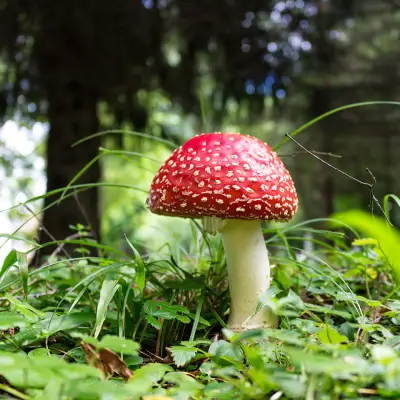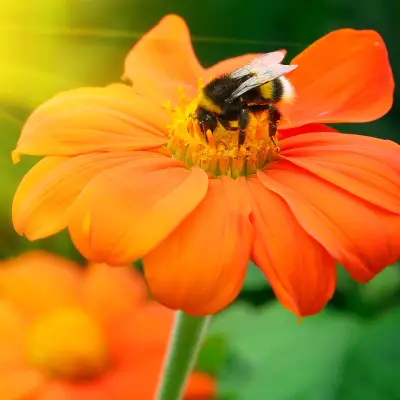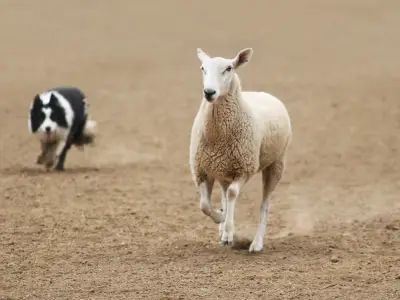Have you ever wondered about the life of a beekeeper? Perhaps you're considering a career amidst nature, surrounded by the gentle buzz of bees. Whether you're passionate about environmental conservation, interested in the fascinating world of bees, or allured by the allure of producing honey, a career in beekeeping can be incredibly rewarding.
This guide offers a clear, engaging look into the world of beekeeping, covering everything from training and daily tasks to potential earnings.
Jump to:
What Does a Beekeeper Do?
Beekeepers, often known as apiarists, are responsible for maintaining and managing bee colonies in hives. Their tasks are diverse, ranging from inspecting the health of bees, harvesting honey, splitting hives to prevent overcrowding, and ensuring the well-being of the queen bee. The role is hands-on and requires a deep understanding of bee behaviour and environment management.
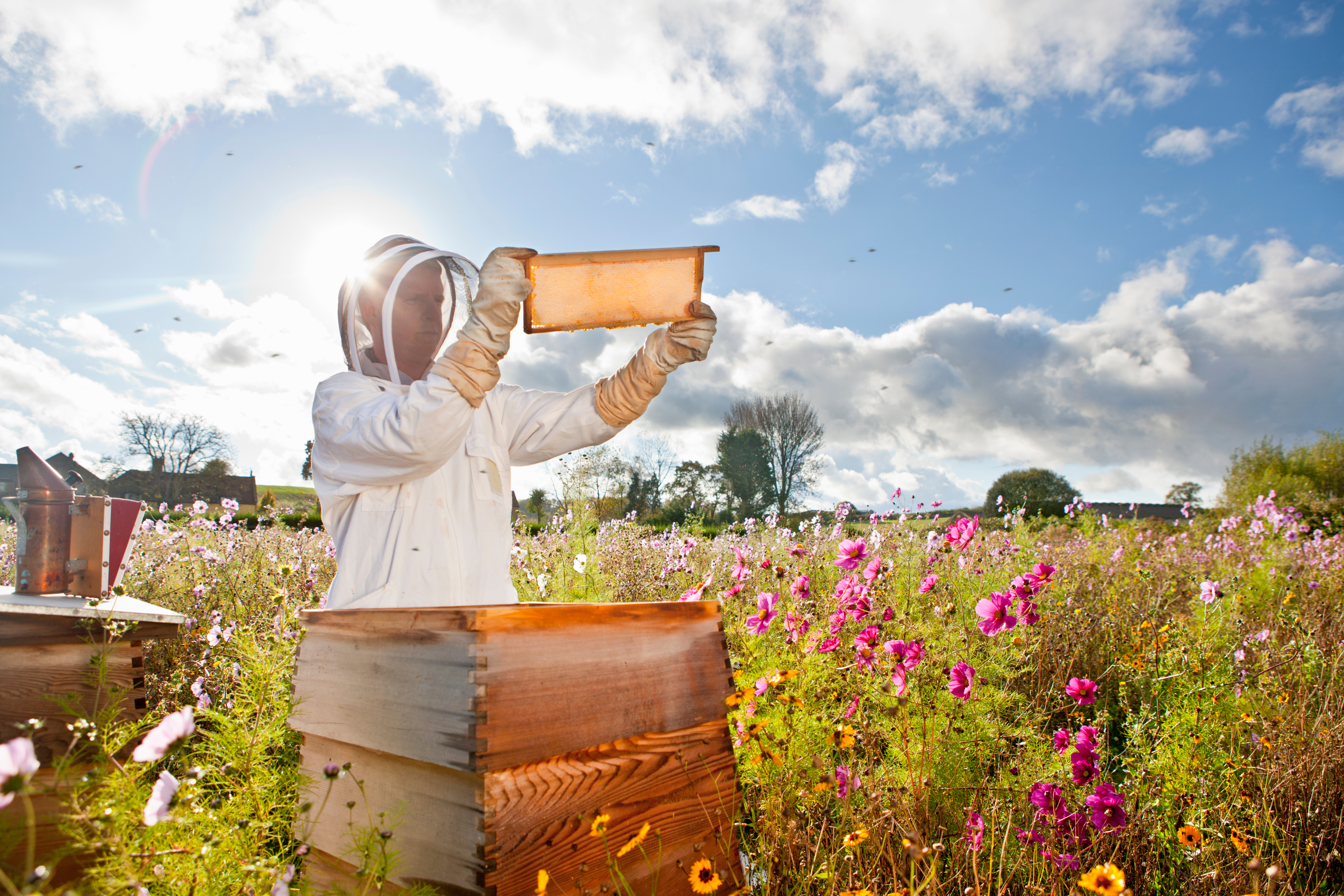
Training and Qualifications
Wondering how to become a beekeeper? While you don't need formal qualifications to start beekeeping, comprehensive training is essential to ensure both your safety and the health of your bee colonies. Training courses, often provided by local beekeeping associations or online platforms, cover practical skills and theoretical knowledge about bee biology, hive management, and honey production.
The length of training varies depending on the programme and your learning pace, but typically, a basic course can be completed within a few months. Specialised courses and local beekeeping associations can offer valuable insights and support on starting a beekeeping business in the UK or finding the right piece of land for beekeeping.
Our Natural Beekeeping Diploma Course is a fantastic resource to introduce you to the beekeeping industry.
Recommended for you!
Best SellersHours and Daily Work
The hours and daily work of a beekeeper can vary significantly with the seasons. During peak times, such as spring and summer, beekeepers may work long days, inspecting hives, managing swarm control, and harvesting honey. Winter, on the other hand, often requires less hands-on work, focusing more on equipment maintenance and planning for the upcoming season.
A day in the life of a beekeeper starts with checking the health of the bees and the condition of the hives. Tasks may include feeding bees, treating for pests and diseases, and ensuring the hives are well-insulated against weather changes. Beekeepers also monitor honey production and prepare for harvesting, which involves removing honeycombs, extracting honey, and processing it for sale.
Earnings and Opportunities
How much do beekeepers make?
Beekeeping salary or earnings can vary widely depending on several factors, such as the size of your operation, the yield of honey, and whether you're doing it as a hobby or a full-time job. In the UK, the cost of setting up a beehive can be an initial investment, but with the right knowledge and management, beekeeping can be a profitable endeavour.
For those interested in commercial beekeeping, diversifying your products (e.g., selling beeswax, propolis, or offering pollination services) can significantly increase your income potential. Additionally, community interest in local, sustainable products continues to grow, offering ample opportunities for small-scale beekeepers.
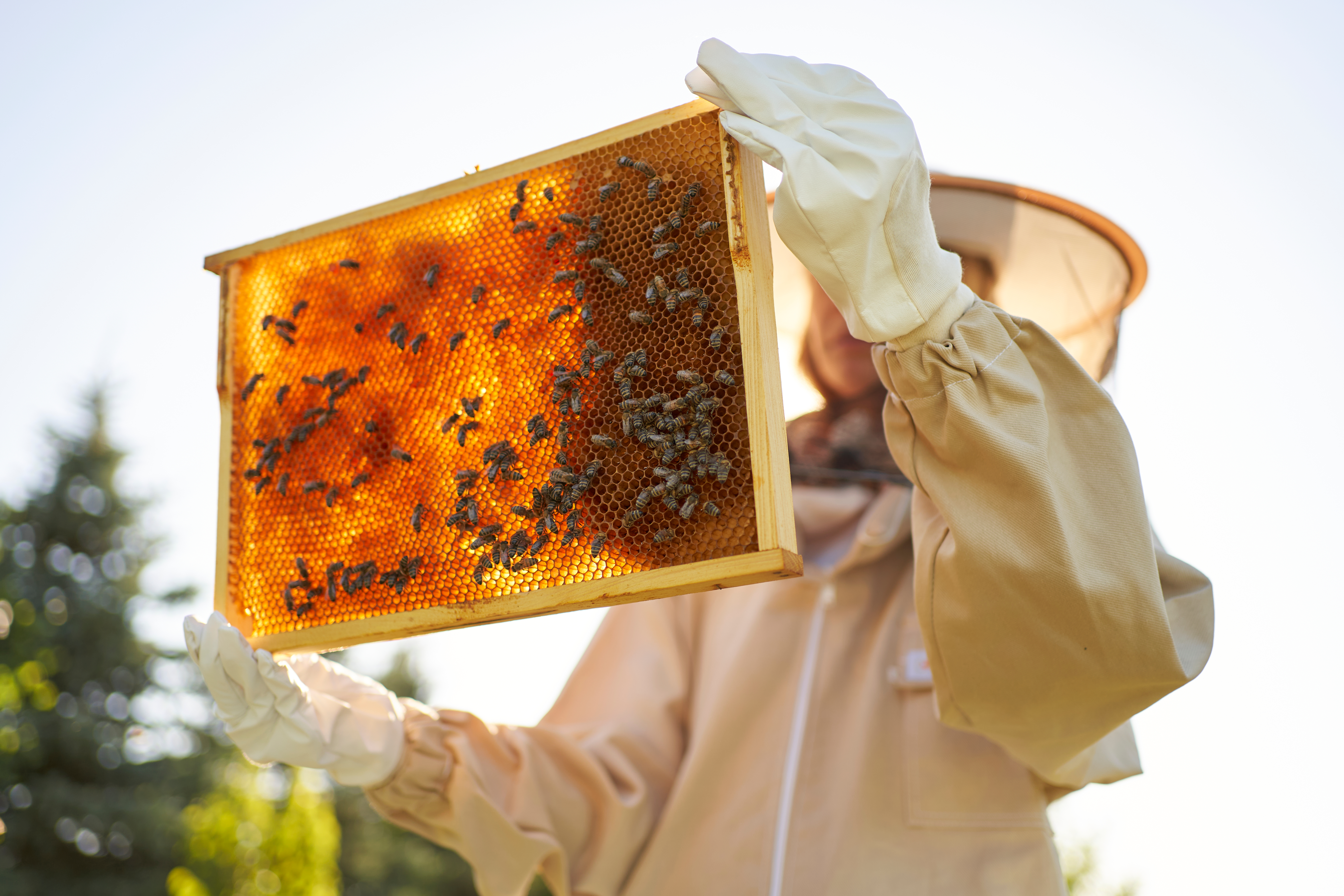
The Role of Beekeeping in Agriculture
Is beekeeping classed as agricultural in the UK?
Beekeeping plays a key role in agriculture through the pollination of crops. This aspect underscores the importance of beekeeping, not just for honey production but for food security and biodiversity. Beekeepers contribute significantly to the agricultural landscape, and their work supports the environment in invaluable ways.
Frequently Asked Questions About Beekeeping
Can I Keep Bees in My Backyard in the UK?
You can keep bees in your backyard in the UK, provided you have enough space for the hives and that they are placed in a manner considerate to your neighbours and local wildlife. It's important to ensure that your bees have access to water and a variety of flowering plants. Informing your neighbours and ensuring your bees do not become a nuisance are also key steps before starting.
Do I Need a License to Keep Bees?
In the UK, you do not generally need a license to keep bees. However, it's advisable to check with your local council for any specific regulations or restrictions in your area. Joining a local beekeeping association can also provide valuable guidance and support.
What Is the Average Age of a Beekeeper?
Beekeeping attracts enthusiasts of all ages, from young adults to retirees. The average age of a beekeeper may vary by region, but it's a craft that transcends age, offering a rewarding experience whether you're 18 or 80.
How Much Does It Cost to Set Up a Beehive in the UK?
The initial cost to set up a beehive in the UK can vary, typically ranging from £200 to £500, depending on the type of hive, the equipment you choose, and whether you're starting with a nucleus or a full colony. Remember, this is an investment into the welfare of your bees and the productivity of your hive.
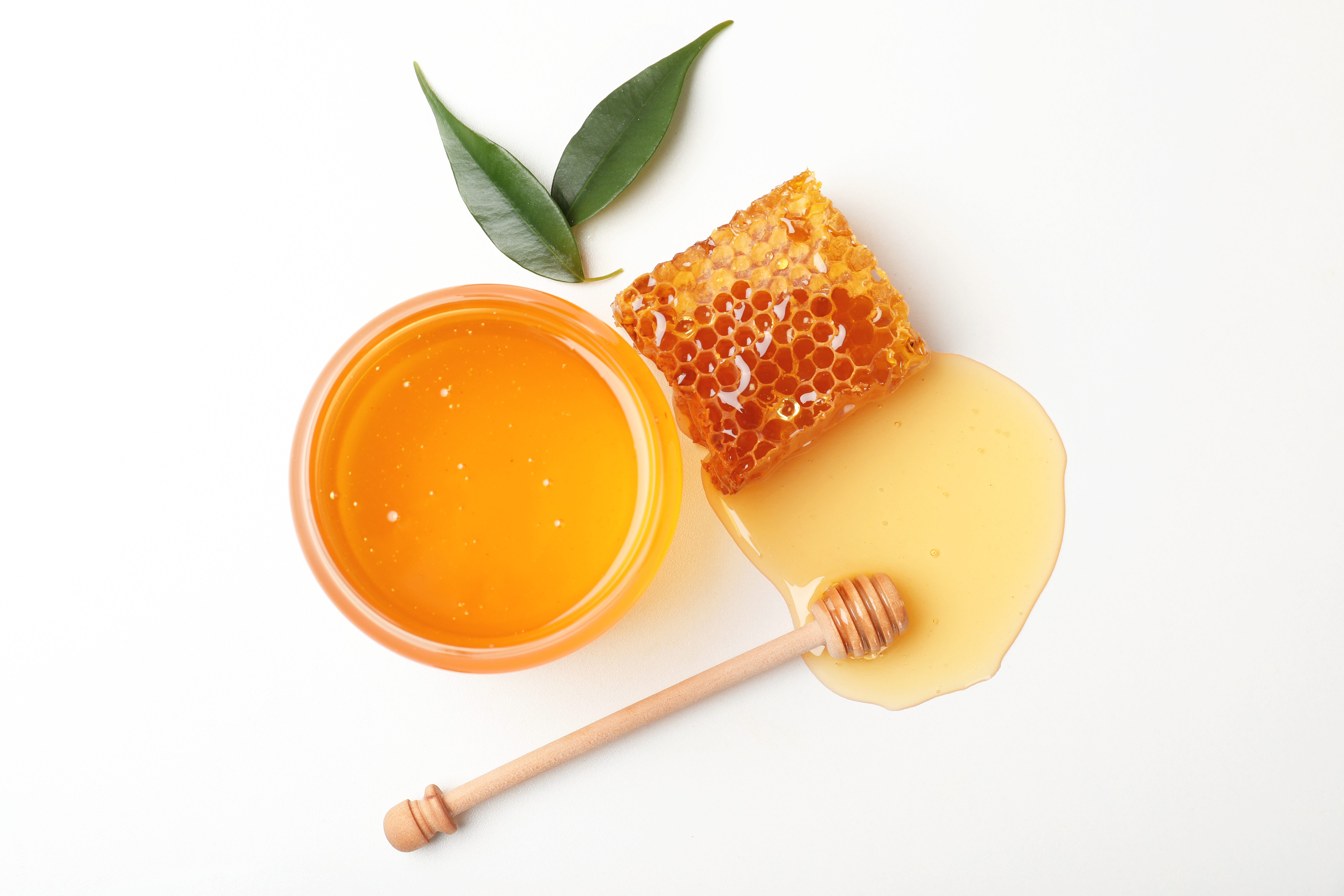
How Much Honey Can One Hive Produce?
The amount of honey a hive can produce varies widely depending on factors like the weather, the health of the colony, and the availability of forage. On average, a hive can produce 20 to 60 pounds of surplus honey per year in the UK. However, some hives may produce more or less, depending on the conditions.
How Do I Find Land for Beekeeping?
If you don't have space in your own backyard, consider reaching out to local farmers or landowners who may be interested in hosting hives. Many are aware of the benefits bees bring to crop pollination and might welcome beekeepers. Local beekeeping associations can also offer advice or help in finding suitable locations.
Can I Sell Honey from Home in the UK?
You can sell honey produced from your hives from home in the UK. However, you must comply with food hygiene regulations, ensure your honey is correctly labelled, and register with your local authority. Attending local food safety courses and joining beekeeping associations for advice and support is also beneficial.
Is Raw Honey Legal in the UK?
Selling raw honey in the UK is legal, provided it meets the standards set out by food safety regulations, including being free from contaminants and properly labelled. Joining a beekeeping association can help you understand these regulations to ensure your honey is compliant.
Why Do Beekeepers Wear White?
Beekeepers wear white because bees tend to be less aggressive towards light colours. Dark colours can resemble natural predators, such as bears, and may provoke bees to become defensive. Wearing white or light-coloured protective clothing helps keep bees calm during hive inspections.
Do Beekeepers Get Stung?
Beekeepers do get stung occasionally, even with protective clothing. Over time, many beekeepers develop a tolerance to bee venom. Using smoke to calm the bees and handling them gently can minimise the chances of being stung.
What Is a Beekeeper Slang?
"Beekeeper slang" refers to the informal terms and phrases commonly used within the beekeeping community. For example, "nuc" is a short form for a nucleus colony, and "robbing" describes bees stealing honey from other hives.
Is Beekeeping a Fun Hobby?
Beekeeping is a deeply rewarding and fascinating hobby that connects you with nature, provides insight into the intricate world of bees, and can even yield delicious honey as a bonus. It's a hobby that offers continuous learning and a sense of contribution to environmental sustainability.
Recommended for you!
Best SellersBecome a Qualified Beekeeper for £29
Discover the art and science of beekeeping with our Natural Beekeeping Diploma Course, crafted with comprehensive insights for a thriving beekeeping career.
Why Centre of Excellence?
- Inclusivity: We believe in making education accessible to all, which is why we've made our courses affordable. This ensures that anyone with a passion for beekeeping can pursue their dreams.
- Learn at Your Own Pace: Our courses are designed to fit into your life, offering you the flexibility to study whenever and wherever suits you best without disrupting your current lifestyle or commitments.
- Comprehensive Curriculum: Our curriculum is extensive and covers everything from the fundamentals of bee biology to the nuances of hive management. It is designed to equip you with the knowledge and skills needed for success in beekeeping.
- Dedicated Support: Enrolment in our course means you're never alone on your learning journey. You'll have access to personalised support from tutors and connect with a community of like-minded learners, all passionate about beekeeping.
Special Invitation
We're excited to offer our Natural Beekeeping Diploma Course at the discounted price of £29.
